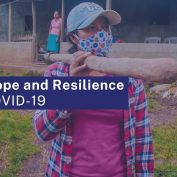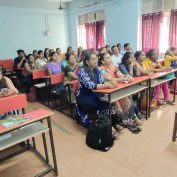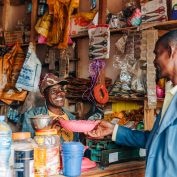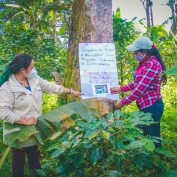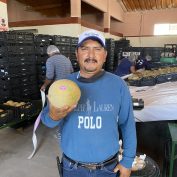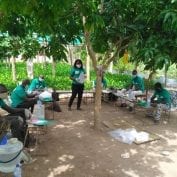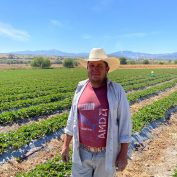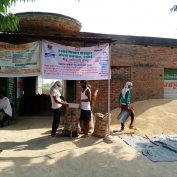Hope and Resilience During COVID-19: Part 1
For over 50 years, TechnoServe has helped hardworking women and men in the developing world gain the skills, connections, and confidence to create self-sustaining businesses and build a path out of poverty. In 2020, we asked a few of these farmers and entrepreneurs to share how the COVID-19 pandemic has impacted their lives and how they are coping with its effects.



